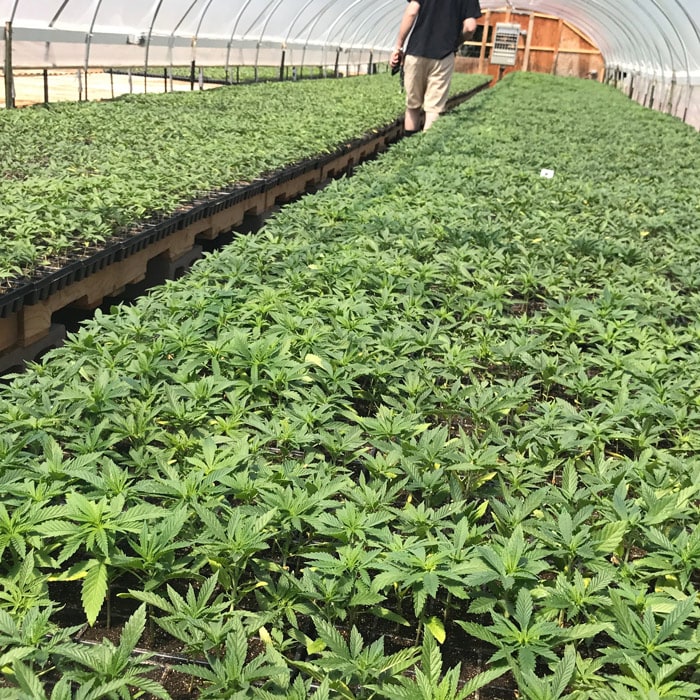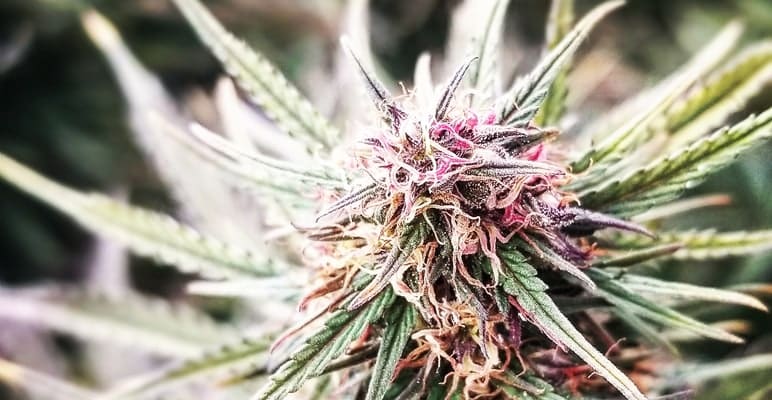The legalization of industrial hemp cultivation in the great state of Colorado has opened a new frontier of possibilities. Both farmers and entrepreneurs alike have an opportunity to establish themselves at the forefront of this industry, and as time goes on, profits are expected to dramatically increase.
The reasons why someone would want to get involved in the hemp industry are obvious. Hemp is one of the most dynamic plants that is currently known to humankind, market demand is higher than ever before, and there is a lot of money to be made. But though the possibility for success is readily available, you still need to know what you are actively getting yourself involved with.

What is the difference between hemp and marijuana?
Though marijuana and hemp are related—and the cultivation of both plants is legal in the state of Colorado—they are not the same thing. Marijuana is distinguished by the presence of THC (tetrahydrocannabinol) which is the active ingredient that causes people that consume it to feel a sort of psychoactive “high”.
Hemp, on the other hand, is distinguished by much lower levels of THC, denser fibers, and different industrial purposes. There are many varieties of hemp that can be used for human consumption, but the primary active ingredient is known as CBD (cannabidiol). CBD isn’t used to feel high in the same sense that marijuana might be, rather, it is used primarily for tension relief and wellness support.
Hemp and marijuana both come from the same group of plants—cannabis. But because they are grown to serve distinctively different purposes, the way in which they are harvested can vary tremendously. Hemp has a longer growing season, generally requires less water, and can survive at a wider range of temperatures and conditions.
What are the different uses of hemp?
One of the reasons that hemp has been one of the most rapidly expanding industries in the State of Colorado is that the plant itself can be used for a wide variety of things.
- Personal consumption (using the CBD components for wellness purposes)
- Industrial purposes—rope, paper, textiles, and other products derived from fiber
- Agricultural purposes (can enhance the use of other agricultural products)
- Biofuel alternative
- Food and supplements (high in essential fatty acids)
The fibers of hemp are preferred by some industrialists because it is cheaper than many alternatives and usually much better for the environment. Every part of the plant can be utilized in some way, and because hemp is able to grow so densely, it can offer a remarkably high yield per acre. As time goes on, more uses will inevitably emerge.
An important thing to remember is that in the State of Colorado, you are not allowed to cultivate industrial hemp until you have a license from the state government. Naturally, obtaining a license is the first step of the cultivation process.
What is the best environment for growing hemp?
Hemp is a plant that is fairly dynamic. Unlike THC-rich marijuana—which typically needs to be cultivated in a very controlled environment—hemp is capable of being grown in a variety of different ecosystems.
The roots of the hemp plant tend to go very deep into the ground, and because of this, the plant is very good at finding a sufficient water supply. It can grow almost anywhere in Colorado except for the desert regions. But if you are hoping to truly maximize the quality of your crop, you may need to give it additional water depending on where you live and how much it has been raining.
The high altitude and thin air of Colorado is not a problem for growing hemp. It is a plant that usually makes the most sense to grow outdoors. Though you can obviously simulate an environment indoors somewhere, doing so is not necessary, and will likely force you to take on unnecessary expenses.
Hemp is best grown in alkaline soil. The soil should have a minimum pH level of 6, but ideally, you are going to want to find a pH level between about 7 and 7.5. Fortunately, alkaline soil is fairly common in the State of Colorado, and finding an environment conducive to growing hemp should be relatively easy.
What else do I need to know about hemp in order to farm it?
Hemp is an annual plant that is fairly good at deterring pests on its own. Though it is possible you may want to use pesticides and herbicides, many hemp farmers are able to avoid this. If the hemp you are growing is going to be designed for human consumption, you are probably going to want to research the effects of different pesticides before indiscriminately applying them.
Hemp is an adaptable plant that—especially when compared to other fiber-based plants—has a fairly low impact on the land it is being cultivated upon. Because of this, it is usually not necessary to rotate crops, and as long as you are careful, you can continually be using the same fields.
The cultivation period is fairly short. Hemp grows quickly and the plants can sometimes reach a height of well over 10 feet tall. The nitrogen uptake is most intensive during the beginning of the cycle (the first 6-8 weeks), and once the plant enters into its flowering phase, it is going to require a lot of potassium and phosphorous.
How do I best prepare soil for hemp cultivation?
When you are first planting hemp, you are going to want to build a firm seedbed that is less than two inches deep. It is very important that you try to make the seedbed as consistent as possible, otherwise the growth of the plants will not be uniform.
If you live in an area that receives 30 or more inches of rain per year, then your hemp plants will likely require very little watering. However, most of Colorado receives much less than this, so you may need to do some intensive watering.
Pesticides and herbicides are usually not needed. All you need to add to the soil are the appropriate nutrients. Industrial hemp requires about 200 pounds of nutrients per acre, usually composed of nitrogen, phosphate, and potash.
Usually the first harvest will yield noticeably less than subsequent harvests, but this is not a rule that can be universally applied to all hemp plants. Growing hemp is a rewarding endeavor, though it does require quite a bit of hard work. But if you are willing to invest yourself in the craft, work hard, and be willing to experiment, growing industrial hemp can be one of the most rewarding things a farmer can do.




